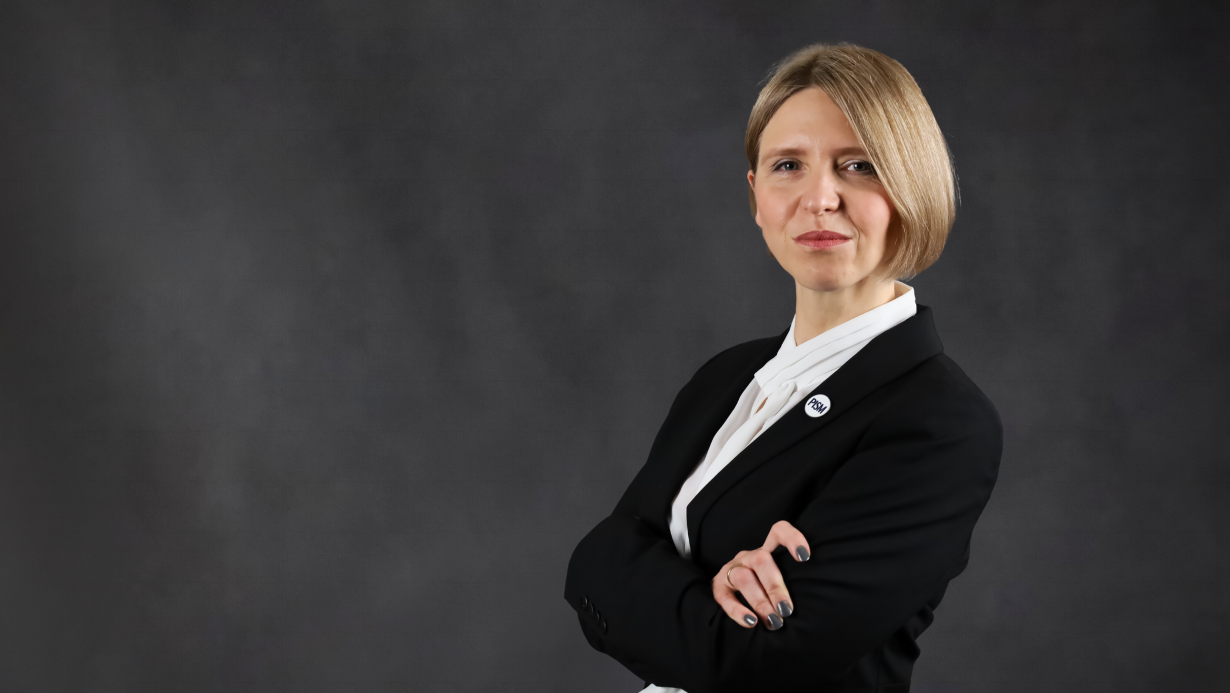Kremlin Kids: The Second Generation of the Russian Elite
“Kremlin Kids” is a term describing the younger generation of the Russian elite’s close family and other relatives. They play an important role in the system of politics and business inside and outside the country.
.png)
Its members petrify Russia system’s pathological aspects—nepotism, corruption and money laundering. As for now “Kremlin kids” entrenched in key industries (energy, banking, investments), thus propping up their parents’ position in the Russian state system. By holding such top positions, the “Kremlin kids” help achieve Russia’s foreign-policy goals because state-owned companies are often used by Russia as political tools. Even “Kremlin kids” who do not sit on the boards of state-owned enterprises promote Russian policy abroad, for example, in illegally annexed Crimea. More than that, though, the Russian elite avoid Western sanctions by passing their assets to their trusted family members. By ceding their assets to family members, Russian oligarchs have managed to evade some of the western restrictions imposed on Russian companies and properties.
The report is divided into two parts, discusses, first, the “Kremlin kids’” position in the state system and, then, their role in Russia’s relations with countries in the West. It explains the evolution of power elite in Russia and put important question: how members of the elite stared to organize the economic and political system to secure their children’s future. It analyzes the role of the “Kremlin kids” in Russia foreign policy, and how it fits the Russian anti-western agenda. In recommendation section the Report underline the issue of the Vladimir Putin succession, and asks who is going to be next ruling elite in Russia. The “Kremlin kids” likely to turn themselves into the power elite of the Russian Federation’s future.The “Kremlin kids” should be perceived as a potential line of Russian penetration of the West. They are in positions to corrupt U.S. and EU officials with their illegally earned money and, therefore, to weaken the West’s ability to respond to Russia’s aggressive actions.It’s been a mistake on the part of the western countries to believe that the EU values and principles (rule of law, transparency, etc.) can be transplanted to Russia just because the West is attractive to the younger elite generation of Russians. But the second generation of the power elite – “Kremlin kids” only very rarely embrace these values and they appear even less interested in transforming the system.


